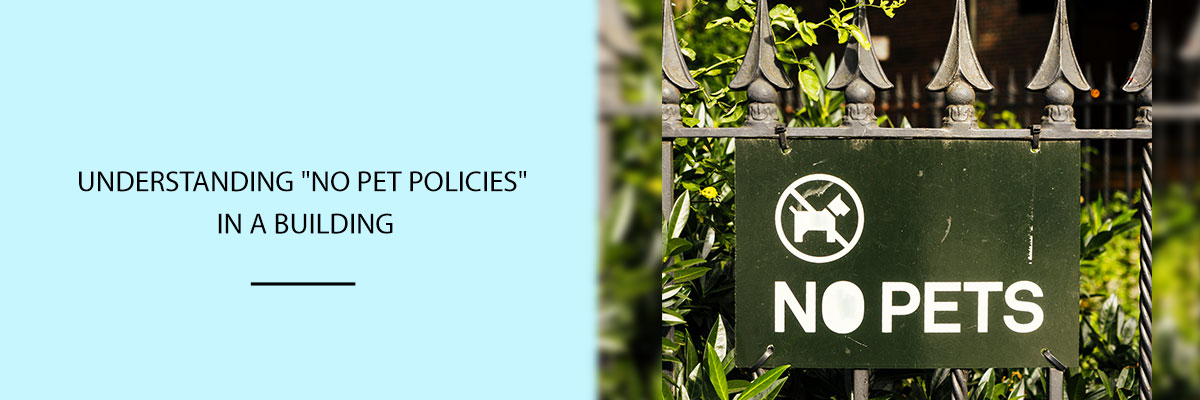As per a general rule, an owner can restrict the entry of any pet animal in his or her land. But there are a few exceptions to this general rule. People with disabilities can take a trained dog in private land or property. Therefore, despite the owner’s “no pet policy” federal laws allow the entrance of certain animals in the owner’s private premises. In this regard, the two most important acts are Americans with disabilities act and the Fair Housing Act.
Service Animals Under Americans With Disabilities Act
Under ADA only a dog qualifies as a service animal that has the proper training to perform the various tasks for his disabled owner. He can accompany his owner at any place of accommodation including hospitals, restaurants, schools, grocery stores, etc. Broadly, only under two circumstances, a building owner can remove the service animal from his premises. First, the dog is out of control and his owner does nothing to control him. Secondly, the dog is housebroken. In any other circumstances, a service animal cannot be kept out of the building.
Assistance Animals Under The Fair Housing Act
As per FHA, any animal can be an assistance animal that performs tasks for a disabled person, provides emotional support, or alleviate any disability symptom. The animal may or may not have formal training. He can still live with the disabled person in his house and help him or her. Regarding an assistance animal, FHA states that housing providers must provide reasonable accommodations to such animals in their dwellings. A landlord, however, can refuse to make any accommodation for the animal, if the animal possesses a direct threat to the safety and health of others. He can also refuse if the animal causes substantial damages to the property and the disabled person denies to repay it.
The Rehabilitation Act Of 1973
The act provides that no person with a disability shall be restrained from programs or activities conducted colleges and other entities for education health care, social services, parks or recreation services if he or she owns an assistance animal. All the rules and policies under this act are the same as the Fair Housing Act regarding the assistance of animals.
The Housing Act Of 1937
The act permits the ownership of pets in public housing. It, however, requires the tenants to pay a fee and a pet deposit amount to his or her landlord for keeping a pet, and acceptance of certain rules by the public housing authority. The rules, however, do not apply to elderly, handicapped or assistance animals.
The Housing And Urban-Rural Recovery Act Of 1983
The act permits tenants to own common household pets, such as cats, birds, dogs, etc. in assisted rental housing. The tenants, however, need to adopt certain rules like limiting the number of pets, restricting the entry in certain areas and depositing a pet deposit. The statute, however, does not apply to service or assistance animals.
Conclusion
Due to hygiene or safety reasons, many places do not allow people to bring or carry their pets. But in special circumstances, as mentioned above, people with disabilities can keep service or assistance animals. People not with disabilities can also keep pets in their houses if they abide by the rules of the housing societies.


